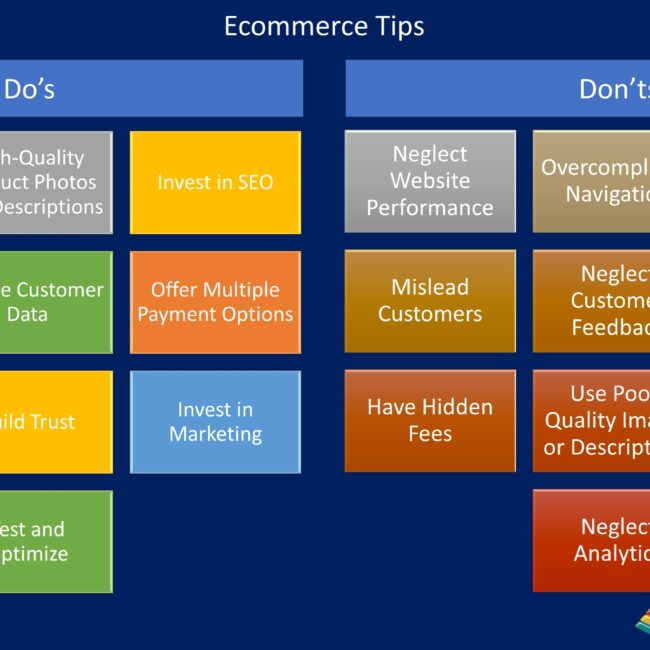
The Rise of Artificial Intelligence: From History to Industry Impact
Introduction
Artificial Intelligence, often abbreviated as AI, is a revolutionary technology that has transformed the way we live and work. This blog will take you on a journey through the history of AI and delve into its profound impact on various industries. From its early conceptualization to its current applications, AI has come a long way, reshaping the world as we know it.
The Genesis of AI
The concept of artificial intelligence dates back to ancient times, with myths and stories of mechanical beings coming to life. However, AI as we know it today began to take shape in the mid-20th century.
- The Dartmouth Workshop (1956): The term “artificial intelligence” was first coined at the Dartmouth Workshop in 1956. This event brought together a group of computer scientists who aimed to simulate human intelligence in machines.
- Early AI Pioneers: Early AI pioneers like Alan Turing and John McCarthy played pivotal roles in the development of AI. Turing’s Turing Test laid the foundation for assessing a machine’s ability to exhibit intelligent behavior.
- AI Winter (1974-1980s): After initial enthusiasm, AI faced a period known as “AI Winter” during the 1970s and 1980s when progress slowed due to high expectations, funding issues, and limited computational power.
Evolution of AI
The evolution of AI can be divided into three major waves:
- Symbolic AI (1950s-1980s): This era focused on rule-based systems, where AI systems used symbolic representations to process information. Expert systems and knowledge-based systems were developed during this period.
- Machine Learning (1980s-2010s): Machine learning emerged as a dominant paradigm in AI, emphasizing the use of data-driven models. Neural networks, deep learning, and algorithms like Support Vector Machines (SVM) gained prominence.
- Modern AI (2010s-Present): The current wave of AI is characterized by deep learning, neural networks, and advancements in natural language processing. It has witnessed breakthroughs in image recognition, language translation, and speech synthesis.
Impact on Various Industries
AI has had a profound impact on a wide range of industries, enhancing efficiency, productivity, and innovation. Here’s how AI has transformed some key sectors:
- Healthcare:
- Diagnosis and Imaging: AI-powered tools can assist doctors in diagnosing diseases from medical images like X-rays and MRIs.
- Drug Discovery: AI accelerates drug discovery by predicting molecular interactions and simulating clinical trials.
- Finance:
- Algorithmic Trading: AI algorithms analyze market data and execute trades at lightning speed.
- Fraud Detection: AI systems identify fraudulent transactions, reducing financial losses.
- Retail:
- Personalized Marketing: AI analyzes customer data to provide tailored product recommendations.
- Supply Chain Optimization: AI predicts demand and optimizes inventory management.
- Automotive:
- Autonomous Vehicles: AI powers self-driving cars, enhancing safety and convenience.
- Traffic Management: AI optimizes traffic flow and reduces congestion.
- Education:
- Personalized Learning: AI-driven platforms adapt learning materials to individual student needs.
- Grading and Assessment: AI automates grading and assessment tasks, saving educators time.
- Entertainment:
- Content Recommendation: Streaming platforms use AI to suggest movies and shows to users.
- Game Development: AI-driven characters and environments enhance gameplay.
- Manufacturing:
- Predictive Maintenance: AI predicts when equipment needs maintenance, reducing downtime.
- Quality Control: AI-powered systems inspect products for defects with high accuracy.
Conclusion
Artificial Intelligence has evolved from a conceptual idea to a transformative force that is reshaping multiple industries. Its history is a testament to human ingenuity and perseverance. As AI continues to advance, its impact on our lives will only become more pronounced, promising a future where intelligent machines work hand-in-hand with humans to solve complex problems and make the world a better place.


